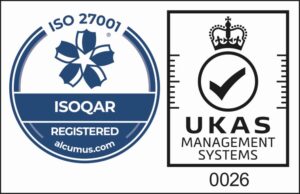In a recent strategic move, PSG, a leading growth equity firm, has made a significant investment in 4me, a SaaS-based IT service management (ITSM) vendor.
Vendor management plays a critical role in the success of IT service management initiatives, as organizations increasingly rely on external vendors to deliver essential services and support. Effective vendor management encompasses various aspects, including procurement, contract negotiation, and the establishment of service-level agreements (SLAs).
Successful vendor management begins with building strong and collaborative relationships with vendors. Organizations should prioritise clear communication, transparency, and mutual understanding of goals and expectations. By fostering a partnership mindset, organizations can leverage vendors as strategic allies in achieving their IT service objectives.
The procurement process is a critical component of vendor management, requiring careful evaluation of vendor capabilities, pricing structures, and service offerings. Organizations should adopt strategic procurement practices, such as conducting thorough vendor assessments, evaluating vendor performance, and aligning vendor selection with their IT service needs and objectives.
Contract negotiation plays a pivotal role in defining the terms and conditions of the vendor relationship. Organizations should negotiate contracts that clearly outline service deliverables, performance metrics, and responsibilities, while also ensuring flexibility to adapt to changing business needs. By negotiating favorable terms and conditions, organizations can mitigate risks and maximise value from vendor partnerships.
Service-level agreements (SLAs) serve as the foundation of vendor relationships, defining the expectations for service quality, responsiveness, and performance. Organizations should establish SLAs that are measurable, achievable, and aligned with business objectives. Regular monitoring and review of SLAs are essential to ensure vendors meet their obligations and deliver value to the organisation.
Vendor management is an ongoing process that requires continuous monitoring and evaluation of vendor performance. Organizations should implement robust vendor performance management practices, including regular performance reviews, feedback mechanisms, and performance improvement initiatives. By holding vendors accountable to established SLAs and performance metrics, organizations can drive continuous improvement and maintain high standards of service delivery.
As demonstrated by PSG’s investment in 4me, strategic alliances with vendors can be a catalyst for innovation and growth in the ITSM space.




